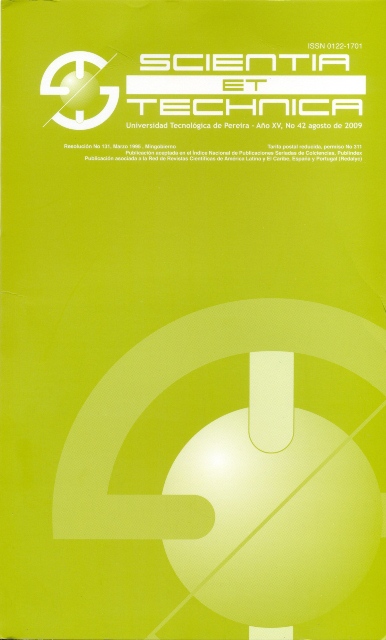Comparación de métodos de programación matemática aplicados a la solución del problema de flujo de potencia óptimo
DOI:
https://doi.org/10.22517/23447214.2577Abstract
En este artículo se compara el desempeño de diferentes métodos de programación matemática aplicados a la solución del problema de flujo de potencia óptimo. Los métodos evaluados son: el método del Gradiente, el método de Newton (en sus versiones acoplada y desacoplada), método de Puntos Interiores Primal-Dual y método de Puntos Interiores de alta orden Predictor- Corrector. Para contrastar los diferentes métodos, estos fueron programados en MatLab. Se presentan resultados para cuatro sistemas de prueba: sistema básico de tres barras, sistema de seis barras (Wood-Wollenberg), sistema IEEE de 14 barras y sistema IEEE de 30 barras modificado.Downloads
Downloads
-
Vistas(Views): 292
- PDF (Español (España)) Descargas(Downloads): 400
Published
How to Cite
Issue
Section
License
Copyrights
The journal is free open access. The papers are published under the Creative Commons Attribution / Attribution-NonCommercial-NoDerivatives 4.0 International - CC BY-NC-ND 4.0 license. For this reason, the author or authors of a manuscript accepted for publication will yield all the economic rights to the Universidad Tecnológica of Pereira free of charge, taking into account the following:
In the event that the submitted manuscript is accepted for publication, the authors must grant permission to the journal, in unlimited time, to reproduce, to edit, distribute, exhibit and publish anywhere, either by means printed, electronic, databases, repositories, optical discs, Internet or any other required medium. In all cases, the journal preserves the obligation to respect, the moral rights of the authors, contained in article 30 of Law 23 of 1982 of the Government Colombian.
The transferors using ASSIGNMENT OF PATRIMONIAL RIGHTS letter declare that all the material that is part of the article is entirely free of copyright. Therefore, the authors are responsible for any litigation or related claim to intellectual property rights. They exonerate of all responsibility to the Universidad Tecnológica of Pereira (publishing entity) and the Scientia et Technica journal. Likewise, the authors accept that the work presented will be distributed in free open access, safeguarding copyright under the Creative Commons Attribution / Recognition-NonCommercial-NoDerivatives 4.0 International - https://creativecommons.org/licenses/by-nc-nd/4.0/deed.es license.



